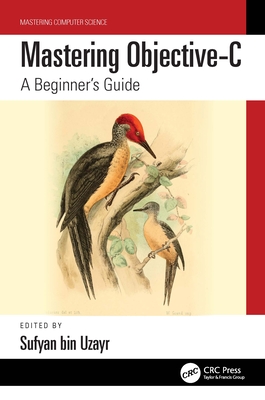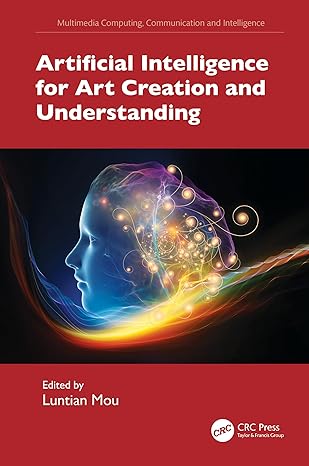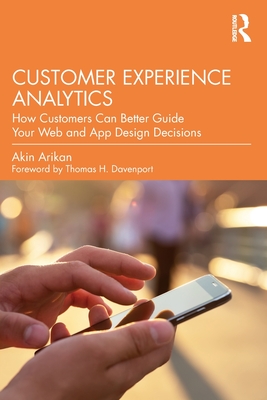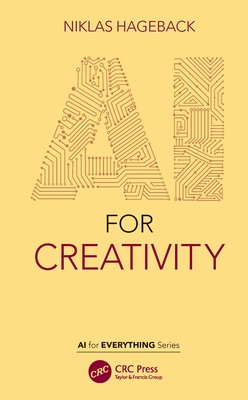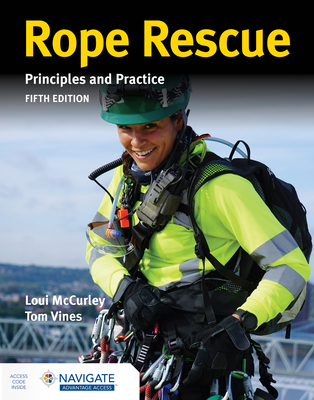
Psychopharmacology Reconsidered
重新考虑的精神药理学:探讨诊断与治疗的局限性的简明指南
精神病学
¥
883.75
售 价:
¥
707.00
优惠
平台大促 低至8折优惠
发货周期:国外库房发货,通常付款后3-5周到货!
出版时间
2023年10月10日
装 帧
精装
语 种
英文
版 次
2023
综合评分
暂无评分
- 图书详情
- 目次
- 买家须知
- 书评(0)
- 权威书评(0)
图书简介
The book will cover in brief all the currently used groups of psychotropic drugs used by psychiatrists and could be used by psychiatric residents in their course of study, by clinical psychology students taking a one-time required psychopharmacology course, or by young psychiatrists curious to get a readable but comprehensive look at new critical viewpoints in psychopharmacology that have changed since they were taught. Many neuroscience students who are looking for a review of clinical effects to guide their basic research may also find the proposed text more useful than those texts that collate unsupported clinical claims. The book derives from my lecture notes in my last ten years of teaching psychopharmacology to psychiatry residents, my fifteen years of teaching a semester-long course to neuroscience graduate students on the biochemical basis of psychopharmacology, and my last two years of teaching one-semester psychopharmacology to clinical psychology graduate students. My original slides for these lectures will be the basis for the figures in the textbook. Current texts are for specialized scientists (such as Neuropsychopharmacology: The Fifth Generation of Progress: An Official Publication of the American College of Neuropsychopharmacology Pck Edition) or part of multi-authored texts such as Kaplan
本书暂无推荐
本书暂无推荐

